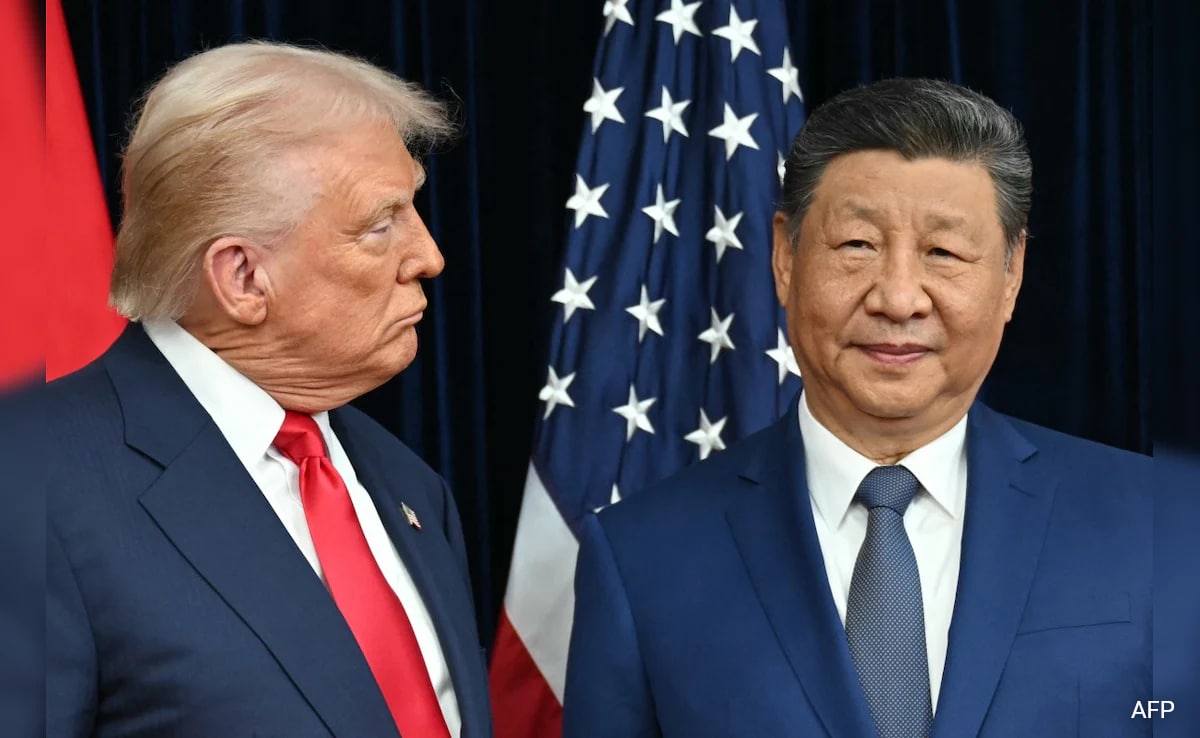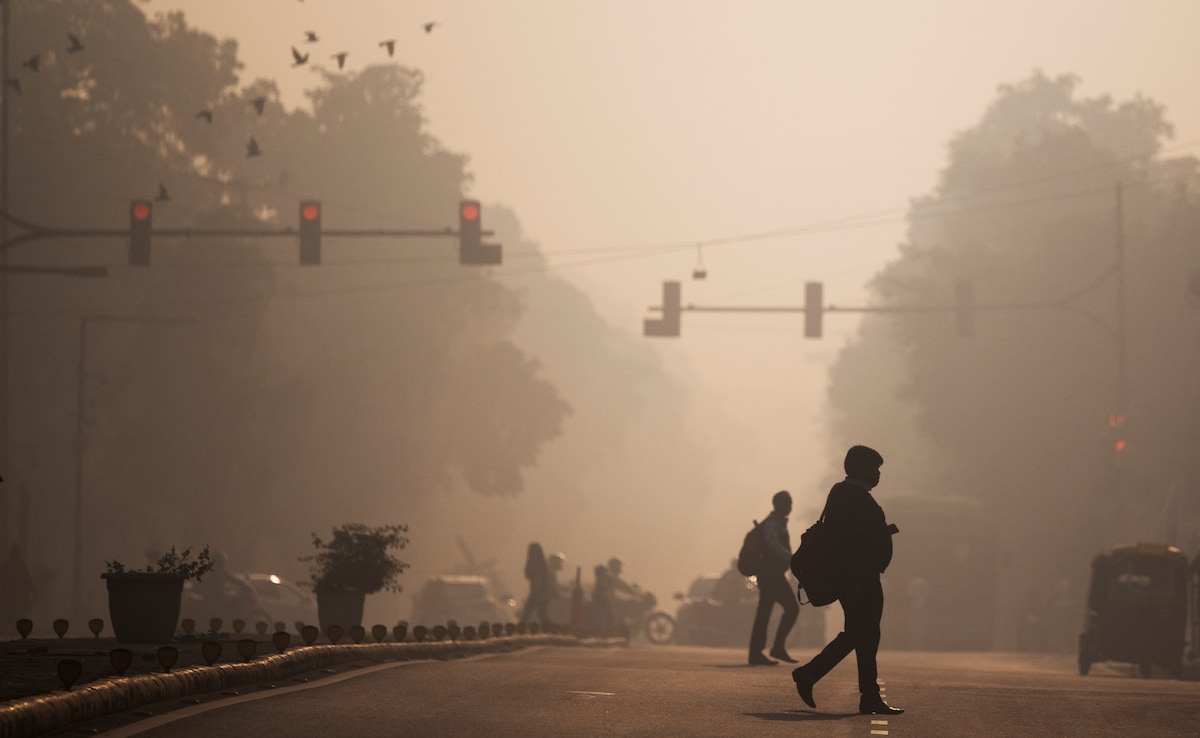Francisâs remarks amounted to a careful but clear critique of Hungaryâs anti-migrant policies under Orban, the three-term prime minister who has called migration a âpoison.â The popeâs comments came at the tail end of his seven-hour trip to Budapest, where much of the attention had centered on how Francis would address a leader who is his political opposite.
For the pope, the meeting with Orban had been an unavoidable matter of protocol: He was coming to Budapest to celebrate the closing Mass of a major Catholic congress and couldnât bypass the countryâs political leaders. For Orban, the meeting was a balancing act â welcoming a pope with a diverging vision for Europe, while also showing respect as a way to retain Catholic voting support.
The face-to-face encounter was cautiously staged and had some awkward elements. As Francis arrived at a museum that was the site of the meeting, Vatican cameras cut away. After the meeting concluded about 40 minutes later, Orban quickly shared a photo of himself talking with the pope and said he had asked Francis ânot to let Christian Hungary perish.â The Vatican simply said the meeting, which also included Hungarian President Janos Ader, had been cordial, touching on such issues as the Hungarian church, the environment, and the âprotection and promotion of the family.â
There was no mention of migration, an issue on which Francis and Orban stand perhaps the farthest apart.
Throughout his papacy, Francis has regularly described the need to welcome migrants as a religious and moral imperative, occasionally punctuating his pleas with dramatic action: In 2016, at the height of Europeâs migration crisis, he traveled to a Greek island and returned with 12 Syrian asylum seekers on the papal plane. But Francisâs welcoming message has not proved politically popular in Europe, and over the years, Orbanâs approach has steadily gained traction. The European Union has controversially fortified ties with other countries â namely Libya and Turkey â as a way to limit the number of asylum seekers reaching E.U. soil.
Carlo Fidanza, a member of the European Parliament from the far-right Brothers of Italy party, argued that Orbanâs vision has become the âshared viewpoint of 27 [E.U.] governments.â
âItâs a matter of commons sense and pragmatism born out of the experience of 2015,â Fidanza said.
Over the coming days, Francis will be making a full state visit to Slovakia, spending three nights there. Some Vatican-watchers had interpreted the lopsidedness of the trip as an intentional slight to Hungary. The Vatican, in the run-up to the trip, strained to explain that Francis was visiting Budapest for a single religious event, the International Eucharistic Congress, and then continuing on for the main part of his journey. Speaking with reporters, the Rev. Kornél Fábry, the general secretary of the congress, said that many Hungarians were initially âangryâ about the brevity of the trip but later came around. Fabry compared it to an invitation to dinner, not a sleepover.
While on the ground in Budapest, Francis also met with Hungaryâs bishops, as well as representatives from other religions, including Judaism. He warned that the threat of antisemitism is âstill lurking in Europe and elsewhere.â
âThis is a fuse that must not be allowed to burn,â Francis said.
At the Mass, his final event in Budapest, the pope spoke before tens of thousands of people seated across the cityâs vast Heroesâ Square. The event was held outdoors in a nod to coronavirus transmission concerns, though there was no social distancing. During the pontiffâs earlier event with religious leaders, held indoors, most of the attendees were not wearing masks.
This is Francisâs second trip during the pandemic, following a four-day March trip to Iraq, and his first since undergoing major colon surgery in July. According to accounts from journalists aboard the papal plane, Francis appeared in good spirits during the pre-sunrise flight from Rome. He also tried to preserve his energy later in the day. When addressing the religious leaders, he remained seated, and jokingly asked forgiveness for doing so.
âI am not 15 years old,â he said.
Stefano Pitrelli in Rome contributed to this report.
.png)











 English (United States) ·
English (United States) ·  Turkish (Turkey) ·
Turkish (Turkey) ·